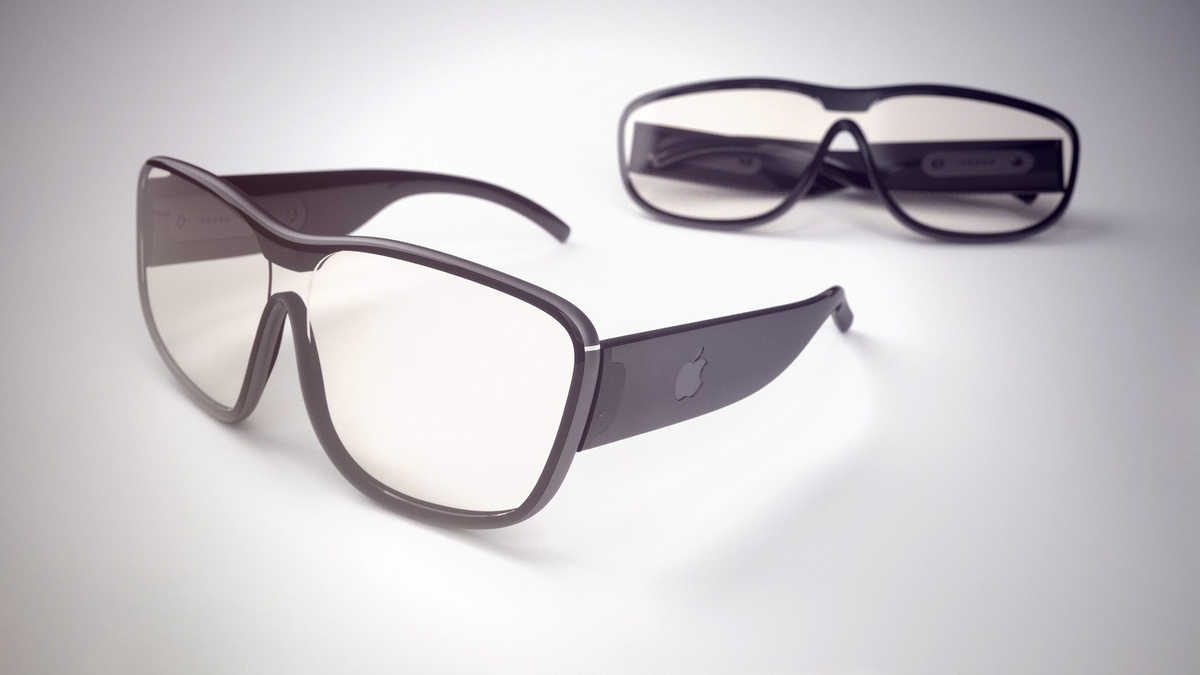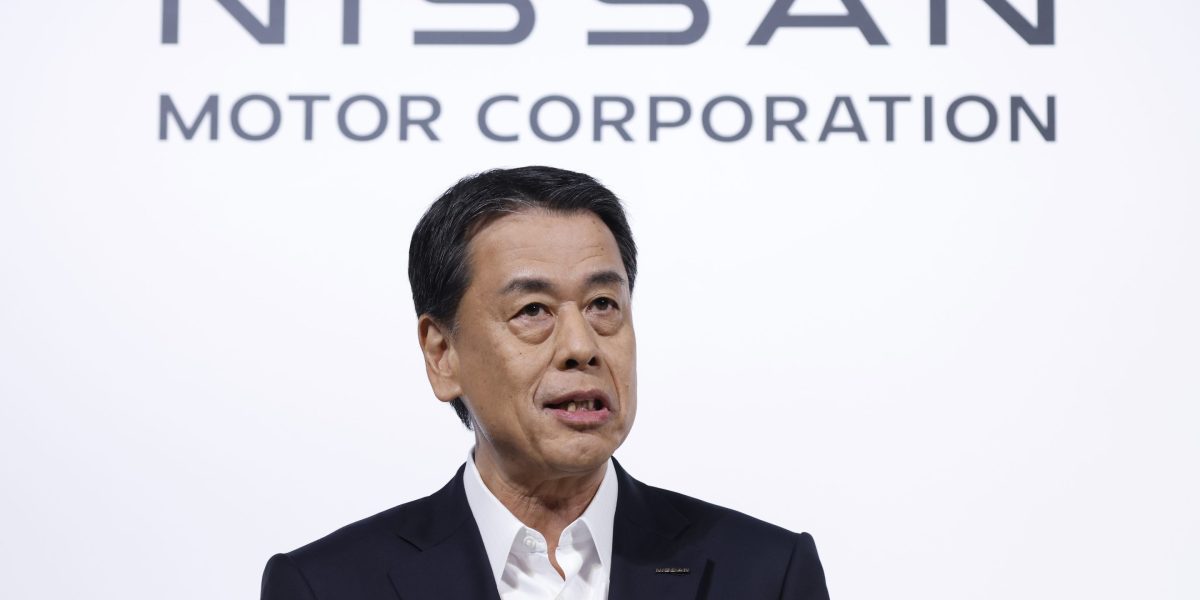Apple's Smart Spectacles: A Post-iPhone Era Dawning?

Apple's rumoured smart glasses are generating significant buzz, potentially ushering in a new era of wearable technology. While smartwatches and fitness trackers have carved their niches, smart glasses have struggled to gain mainstream adoption. Could Apple, a company known for its transformative products, finally be the one to change this?
Ten years after the ill-fated Google Glass, Apple is reportedly committed to releasing its own smart spectacles. This signals a significant shift in the tech giant's strategy, as it had previously dismissed its competitors' early attempts. Now, Apple's Vision group, which spearheaded the release of the Vision Pro headset this year, is focusing on face-worn technology.
Apple's Smart Spectacles: What We Know
While Apple is renowned for its ambitious projects, it's never certain which will reach consumers. However, the rumours surrounding Apple Glass seem to be gaining traction. Bloomberg's Mark Gurman, a well-known Apple insider, has highlighted the company's dedication to this project.
Apple's Smart Spectacles: What to Expect
While Apple has long been rumoured to be developing "true" augmented reality (AR) glasses, Gurman suggests that this ambition has been put on hold due to technical challenges. Apple's first smart spectacles are likely to resemble the Meta Ray-Ban Smart Glasses, released last October.
Meta's Ray-Ban frames integrate smart features into a familiar design, offering Bluetooth and Wi-Fi connectivity, touch-sensitive controls for calls and music, and open-ear speakers. They also feature a 12-megapixel ultrawide camera and multi-mic system for first-person image and video capture.
The addition of Meta AI further enhances the experience. Users can interact with the AI hands-free through natural language prompts, similar to smart home assistants. This allows for various features, such as foreign language translation, outfit suggestions, and information about landmarks or artwork.
Apple is well-positioned to deliver a comparable, if not superior, experience. Its smart glasses could leverage technology from its existing products, such as AirPods for audio quality, iPhones for cameras, and the upcoming Apple Intelligence AI.
Apple's Smart Spectacles: What We'd Like to See
The first generation of Apple smart spectacles could combine the best of Apple's technology, including the AirPod's audio excellence, iPhone's camera capabilities, and the new Apple Intelligence AI.
Furthermore, Apple could differentiate its product by offering dual cameras for spatial image and video capture in full 3D, a feature already found in iPhone 15 models.
Given Apple's focus on health and fitness through the Apple Watch, smart glasses could also incorporate features like step tracking, posture reminders, and optical heart rate monitoring, similar to the Solos AirGo 3.
Will Apple's Smart Spectacles Replace the iPhone?
Since the iPhone's debut in 2007, Apple has continuously refined its smartphone, setting the standard for mobile technology. Now, with the emergence of smart glasses, the smartphone's reign could be challenged.
While the first generation of Apple's smart spectacles may not dethrone the iPhone, "true" AR glasses could pave the way for a new era of personal computing. Even Mark Zuckerberg, CEO of Meta, recognises the potential of "true" AR glasses, calling them a "holy grail" moment in tech.
When Can We Expect Them?
While the release date is uncertain, analysts believe that Apple's smart spectacles are in development. Ming-Chu Kuo suggests a potential launch date of 2026, with Metalens production paving the way for "true" AR glasses.
Mark Gurman, however, predicts a release by the end of 2025. It's important to remember that these are predictions, and Apple could always adjust its plans.
Nevertheless, with a simplified approach that focuses on smart features rather than AR, Apple could release its smart spectacles sooner and capitalise on the growing popularity of this type of wearable.
Conclusion
Apple's rumoured smart spectacles represent a significant shift in wearable technology. With a focus on seamless integration and innovative features, Apple is poised to disrupt the market once again. Whether these spectacles will truly replace the iPhone remains to be seen, but they undoubtedly offer a glimpse into a future where technology seamlessly blends with our everyday lives.





